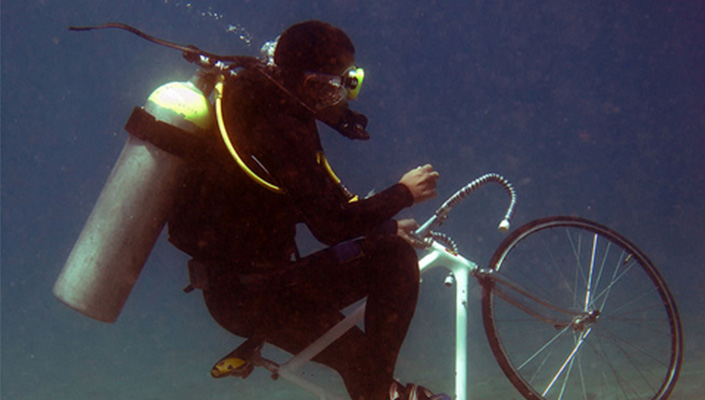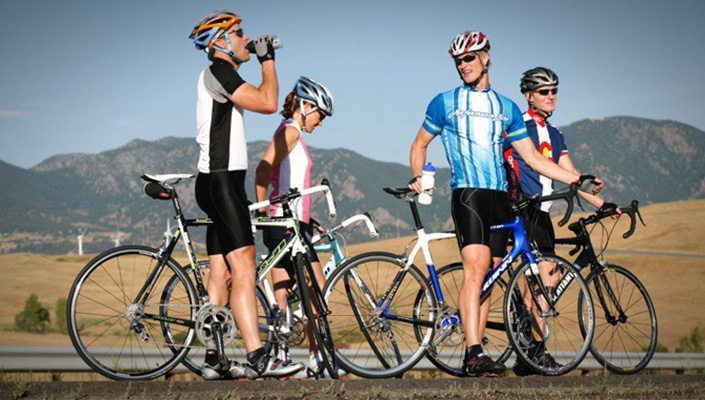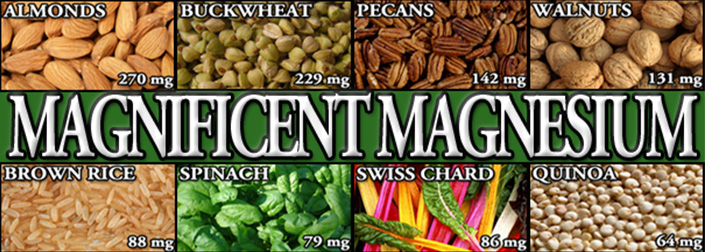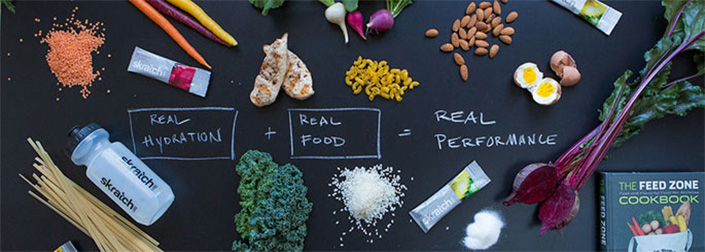
We've all heard the saying "You are what you eat" but that doesn't mean you can go eat Jens Voigt and turn into a cycling superhero. What lies at the core of any cycling performance is a well-balanced diet with the right quantities of the right foods. These foods are actually at the core of a healthy lifestyle in general, not just for cycling.
But there are a handful of nutrients that all cyclists should be mindful of; to increase your performance and boost your recovery as well as help your body to become stronger and fitter. In this piece, we've listed five nutrients and elements for you to be more aware of. Read on, and see how your diet stacks up...
1. Water
Number one and for good reason! Water is the most important intake you'll make throughout the day. In sports water plays an even greater role allowing us to regulate temperature and fuel our bodily functions to a higher degree. Water assists in nutrient transportation, temperature regulation, digestion and blood circulation.
It is absolutely vital to replace any fluids lost during exercise; otherwise you run the risk of performance loss, cramping, headaches, severe fatigue and a whole lot more... We know it's impossible to drink one litre every hour while you ride, (you can't carry that much fluid on a bike, nor do you have access to such quantities of fluids), but do the best you can to at least drink 500ml per hour. Always drink before you ride as well as immediately afterwards to make up for any dehydration.


TIP: A good rule of thumb for a normal day, excluding exercise, is 8 glasses of water per day. That's almost 2 Litres of water... If you do a long ride, expect to drink 3-4 Litres of water. That's pretty hard for most of us, but do your best.
2. Electrolytes
Electrolytes are electrically charged salts that are contained within a liquid such as your sports drink. The cells in your body rely on electrolytes to control their functions, as well as carry electrical impulses to trigger muscle contractions. Without electrolytes your cells struggle to communicate resulting in a breakdown in performance. If you've ever experienced severe cramping you'll know what electrolyte depletion feels like! Ouch!!
You'll find your sports drink is loaded with electrolytes, such as magnesium, potassium and sodium to name a few.

DID YOU KNOW? Magnesium is the king of the elements and arguably the most important dietary supplement that you can take. Apart from its many positive effects on health, adding a supplement is important because it is difficult to get a good dose of magnesium from your normal diet. I recommend taking care with some magnesium powders as they can irritate the bowel; very uncomfortable while riding! Look instead for a liquid (to add to water) or a gel that can be applied directly to the muscles.
3. Sugars
All sugars are actually carbohydrates, either listed as unprocessed or refined sugars (either, not both). Sugars are known as 'simple carbohydrates' because they only consist of one sugar molecule. To cut a very long and complex story short, some sugars are good for you, while others are not. If you're looking at your current diet, you might want to learn about the Glycaemic Index. You'll find that refined sugars are listed as High GI foods, meaning they will have a rapid and intense energy effect on you that won't last long at all. In fact your energy levels will spike, and then fall again. Foods that contain bad refined sugars are: white breads, pastries, chocolates and sweets, biscuits and anything else in that aisle of the supermarket.
What you're after is Low GI foods that are loaded with complex sugars. You'll find that foods full of wholesome nutrients will lower the sugar count and increase the burn time of that fuel: Wholemeal bread, fruit, pasta, rice, vegetables, legumes and juices are some examples. These foods still have substance, in the form of fibre, protein and fat - all ingredients that increase digestion time and slow down sugar release. What you get is a steady and consistent release of sugar into your bloodstream, fuelling you for many miles to come.
4. Protein
Ah yes, protein. The most overlooked nutrient of them all. Protein is one of the most important nutrients for endurance athletes and weekend warriors alike. Protein is the fundamental building block of lean muscle mass, as well as being crucial to repairing and maintaining the muscle mass. Your immune system also relies heavily on protein as a fuel to maintain your health and wellbeing. Low dietary protein suppresses the immune system as well as lengthening recovery time and decreasing muscle growth. Protein is so important that a lack of it can actually cause your workouts to damage your body instead of strengthening it. You'll be hit with lethargy, severe fatigue, anaemia and a host of other problems if you avoid protein.
Your body can only absorb a certain amount of protein in a day, so don't bother doubling your protein supplement servings! Consider trying a protein supplement from a reputable brand, as well as increasing protein intake through your daily diet.

5. Coffee
A bit more light-hearted than the others but caffeine has always been a part of sport. Once considered an illegal performance booster, caffeine had even found itself on the naughty list of the governing body of cycling many moons ago. But that has all changed, and caffeine can be seen as a legal performance booster! Through normal ingestion caffeine takes between 40 - 60 minutes to take effect, and is based on your typical exposure to caffeine; if you drink coffee very regularly, you'll barely notice the difference.
Caffeine affects us in many ways, all via entering our bloodstream via the stomach. Blood pressure increases, veins dilate, your pulse rate increases and becomes more responsive to change. More fat is broken down, while your stomach acid levels increase - leading to more fatty acids being released into the bloodstream. It's a system overload on a minute scale. The effects of caffeine last between 4 - 12 hours, but your body does rapidly develop a resistance to its charms. If you drink coffee for four days, your body loses a large percentage of its response to caffeine. Interesting stuff and all in a cup of coffee.
We all know that the real benefit in drinking coffee is that it's a good excuse for a ride with mates! Drink up!
So there you have it, five nutrients that are a centre point of any cyclist's diet. We get all of these nutrients through our normal diet, but exercise does add extra stress to our bodies. This is why you'll need to increase your intake of these particular nutrients, to make the most of your workout as well as retain normal bodily function.


